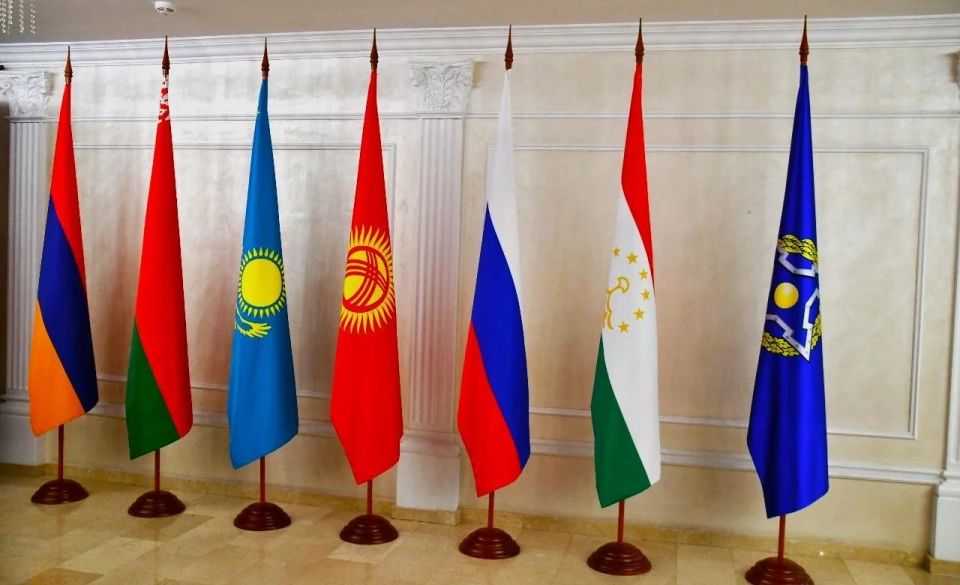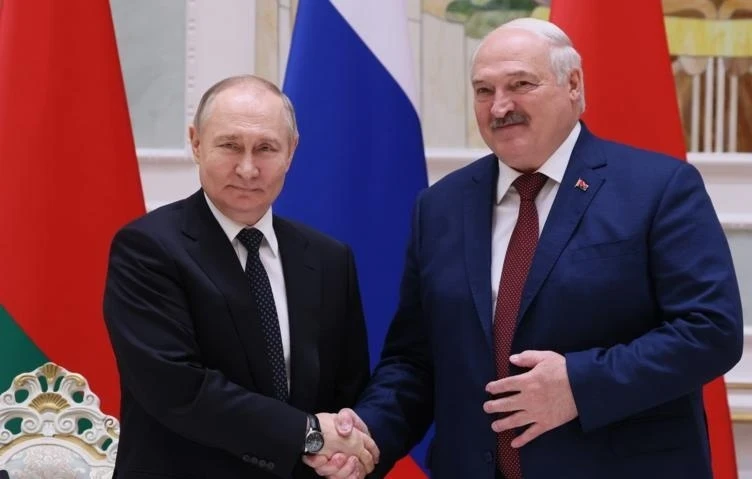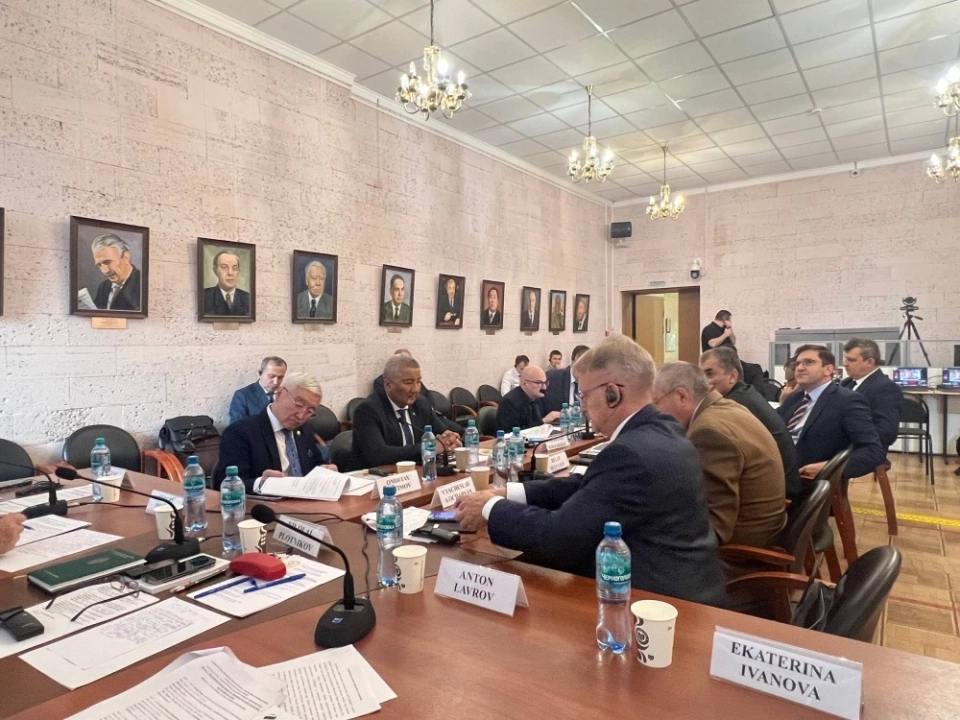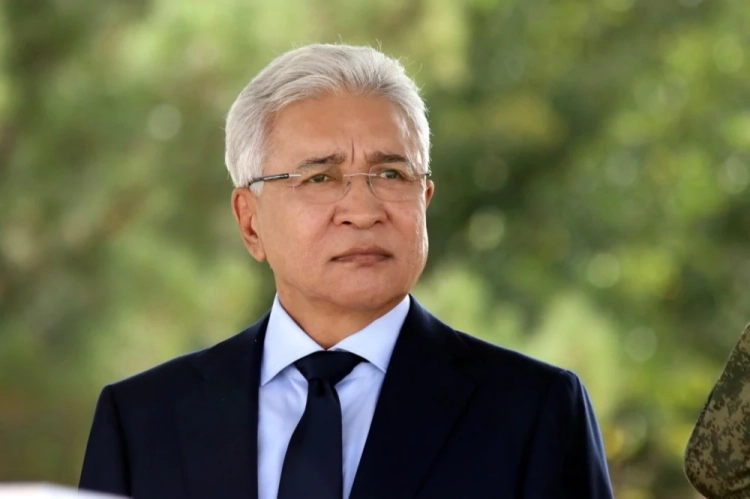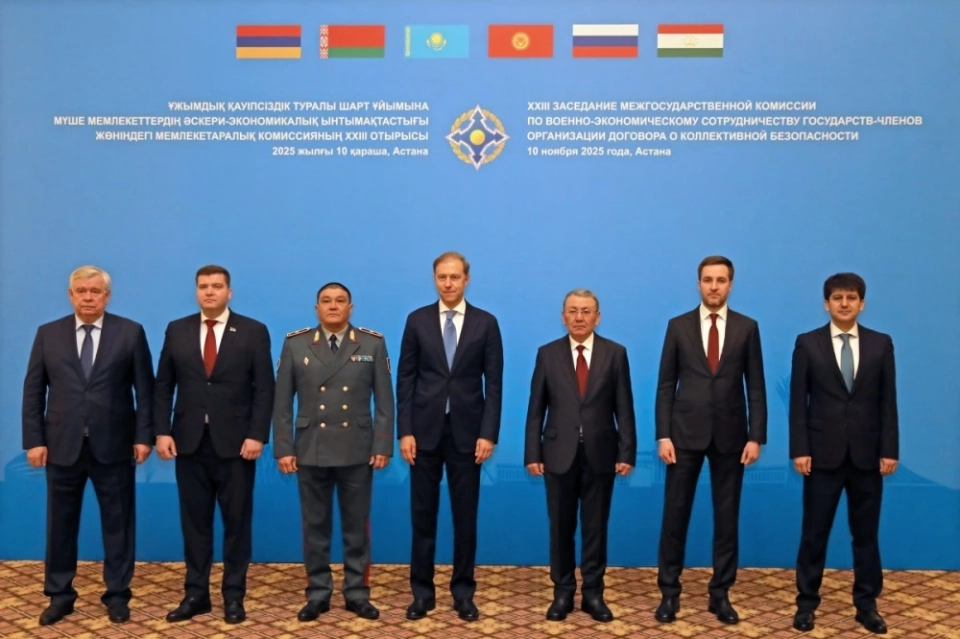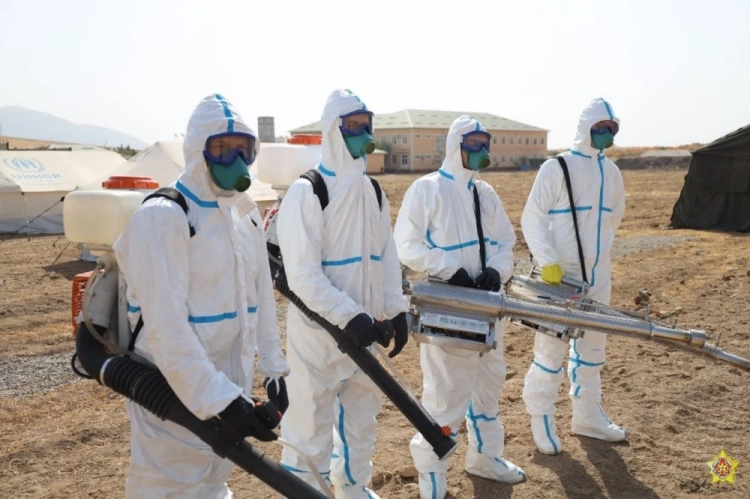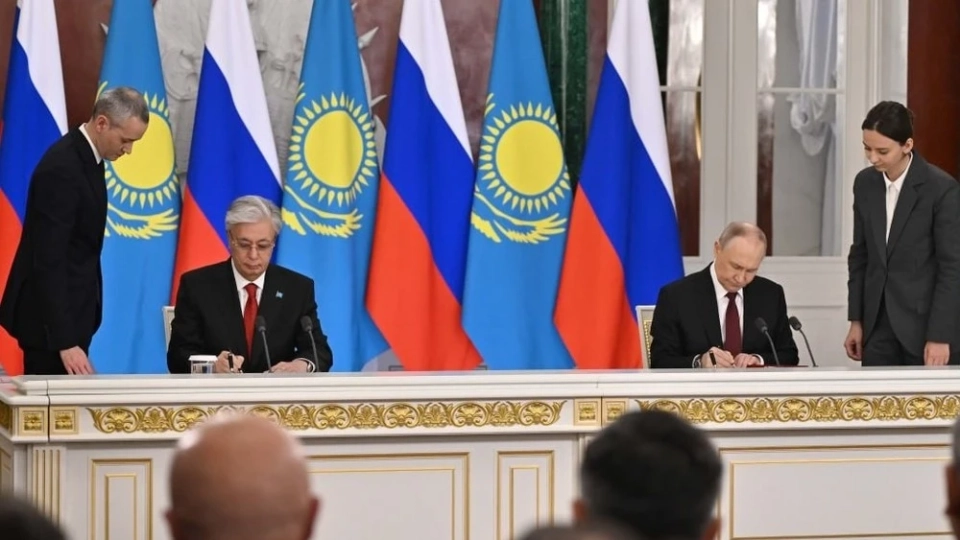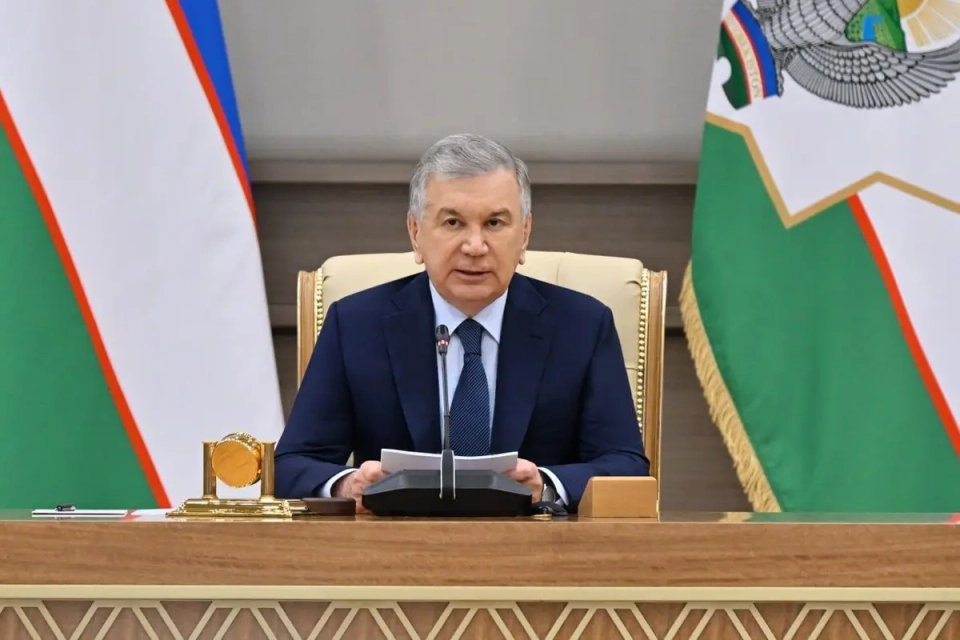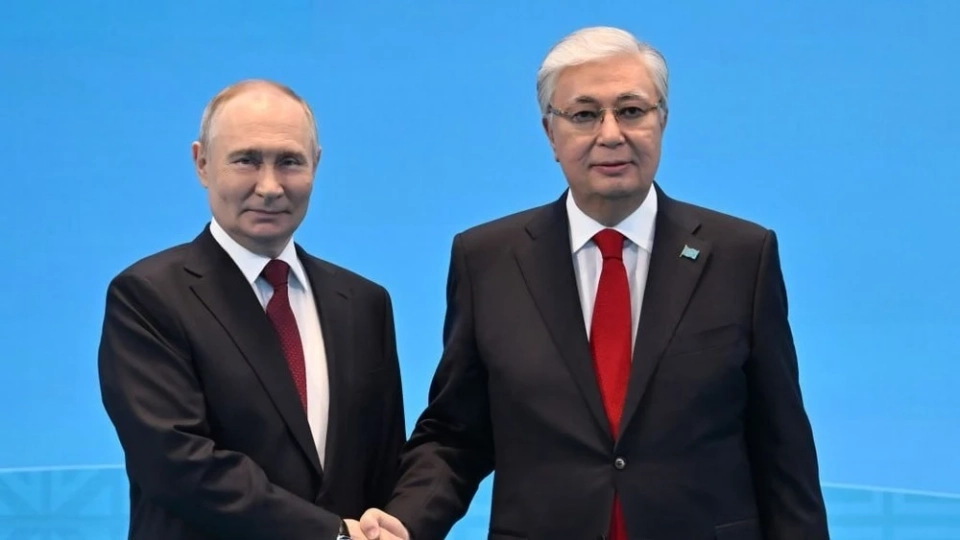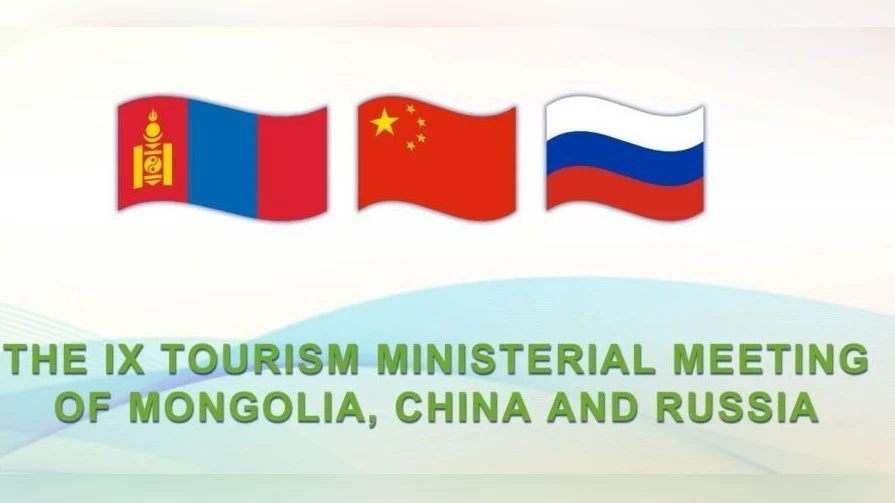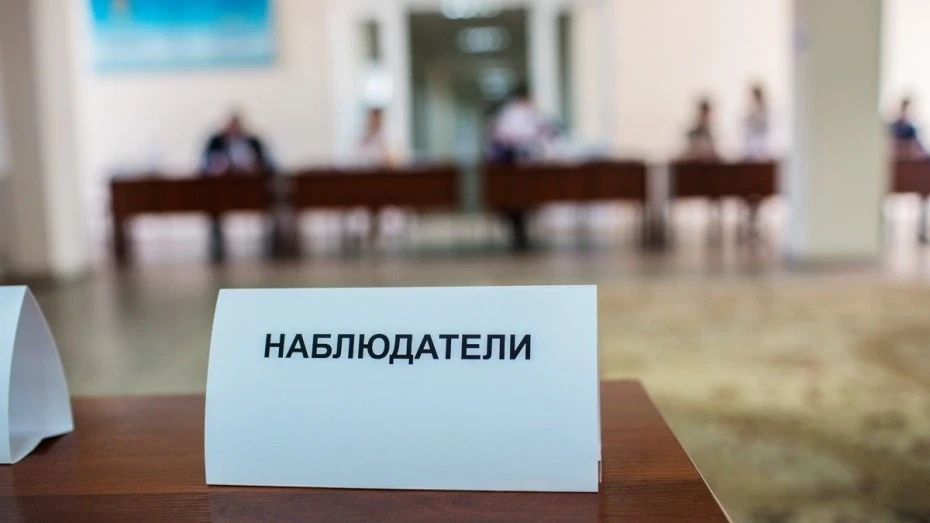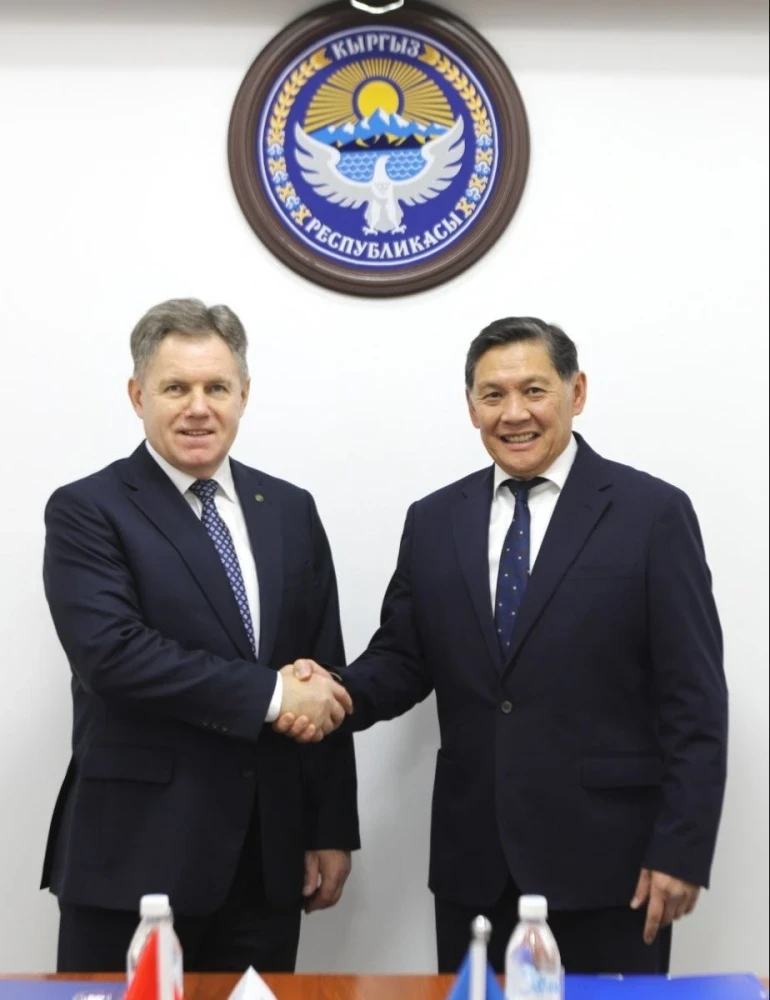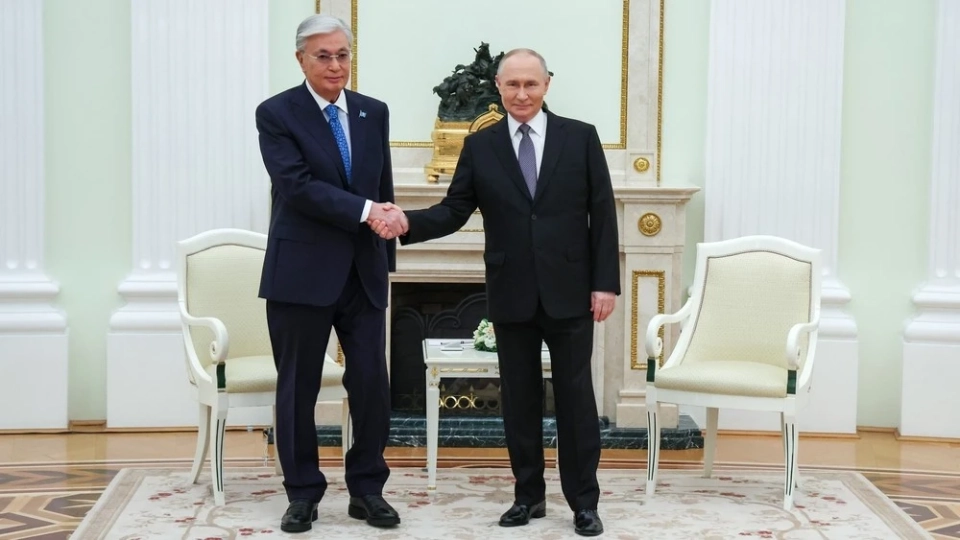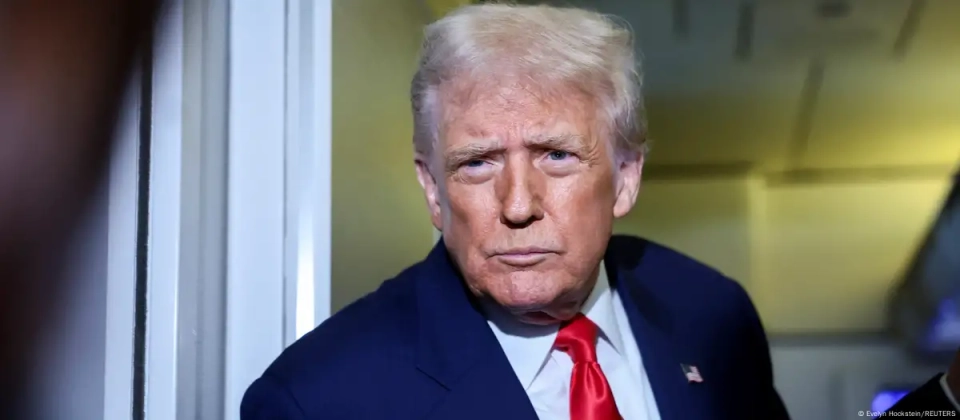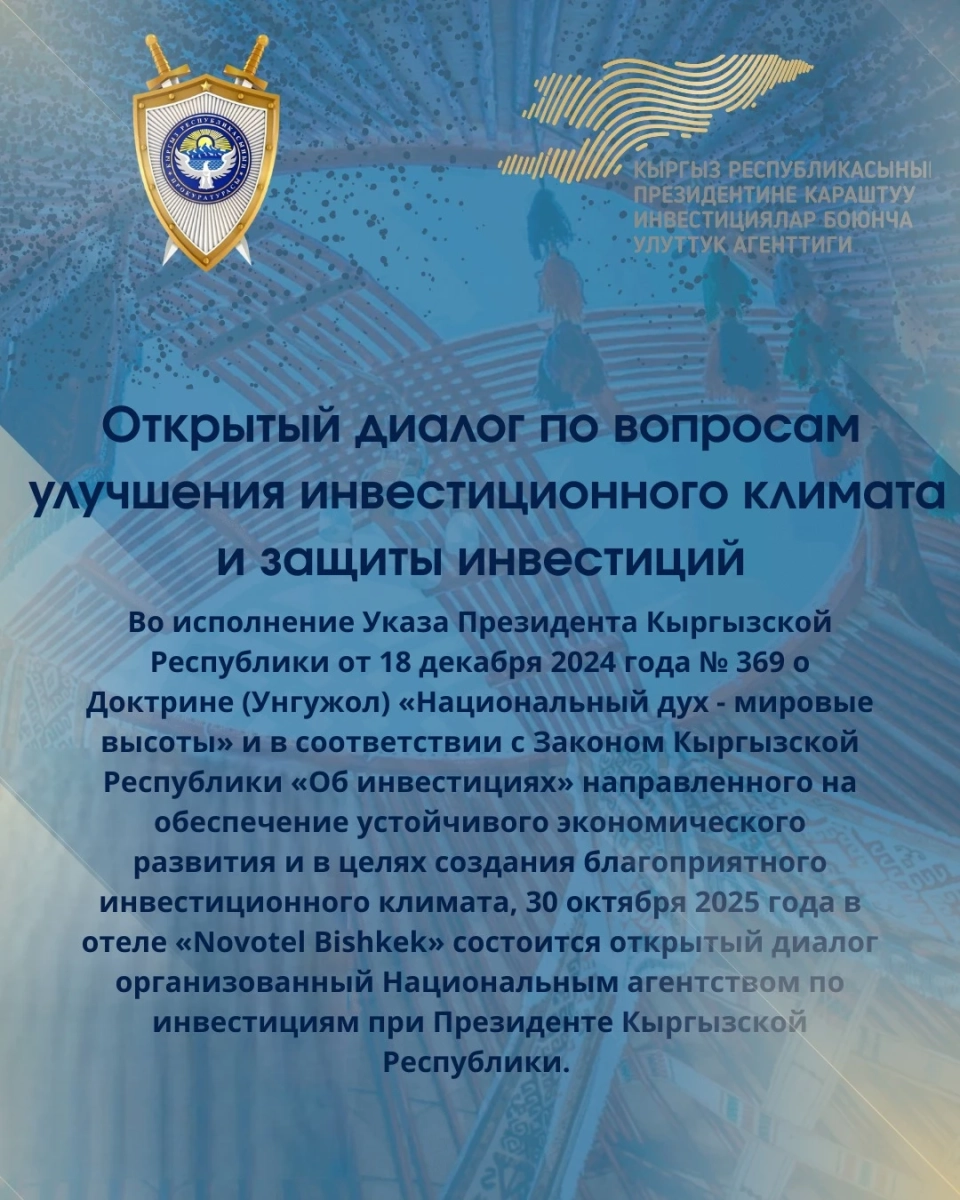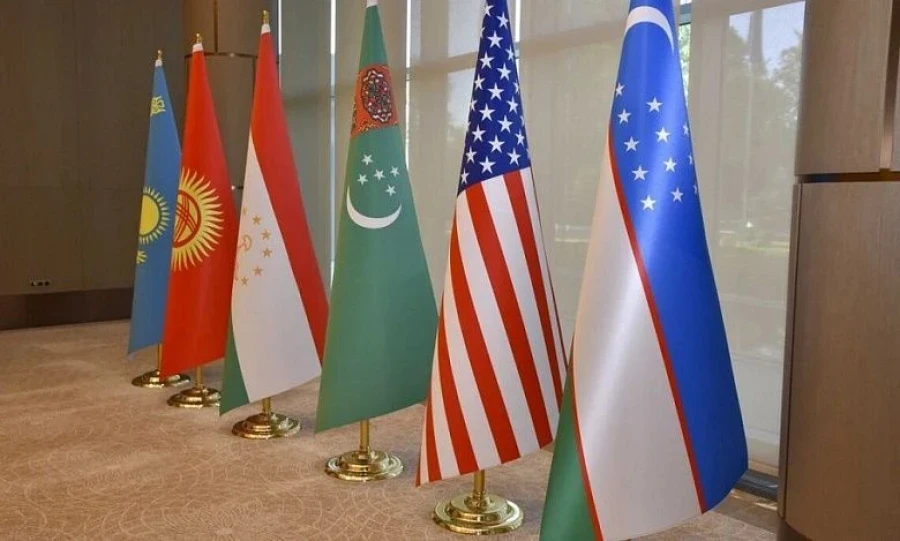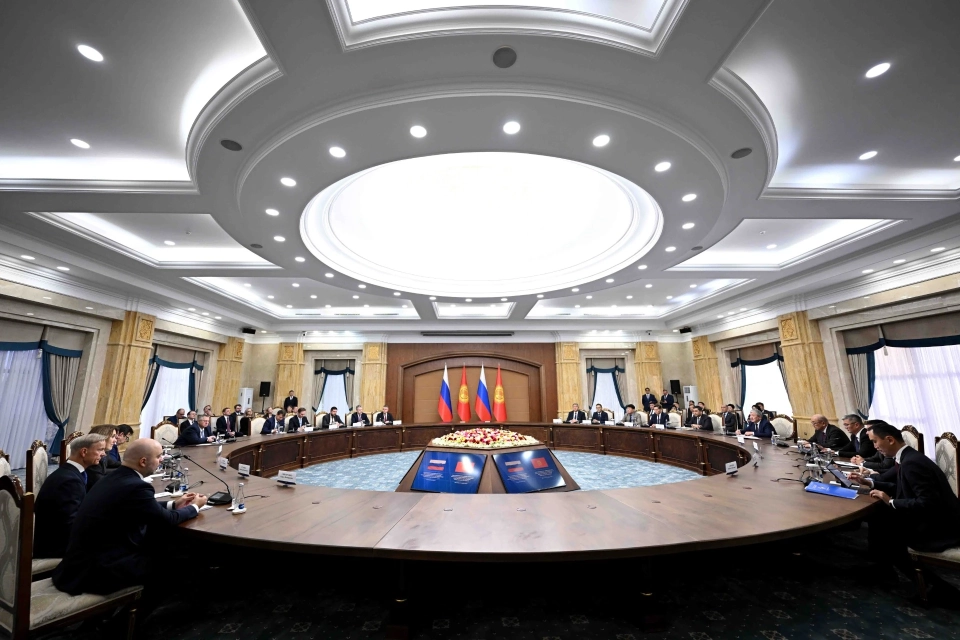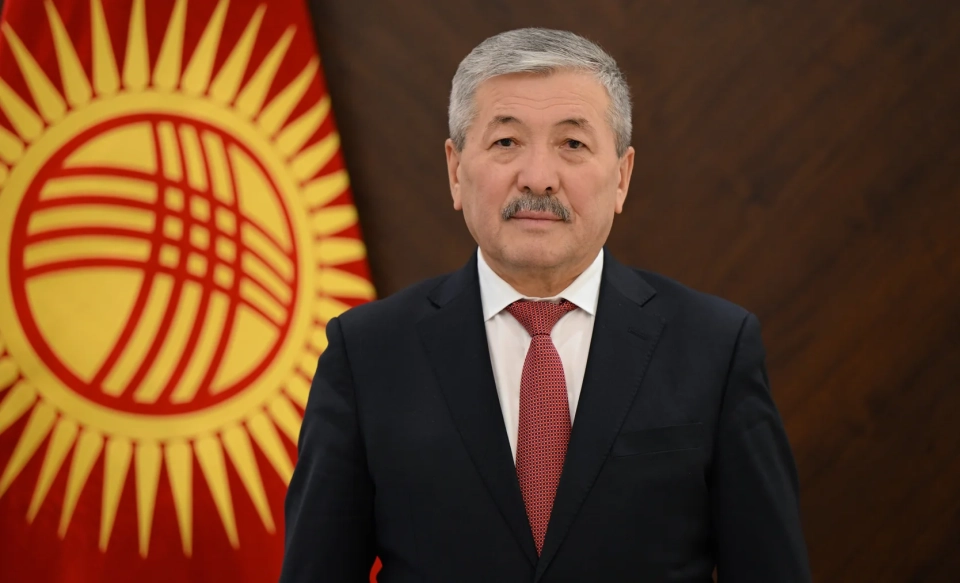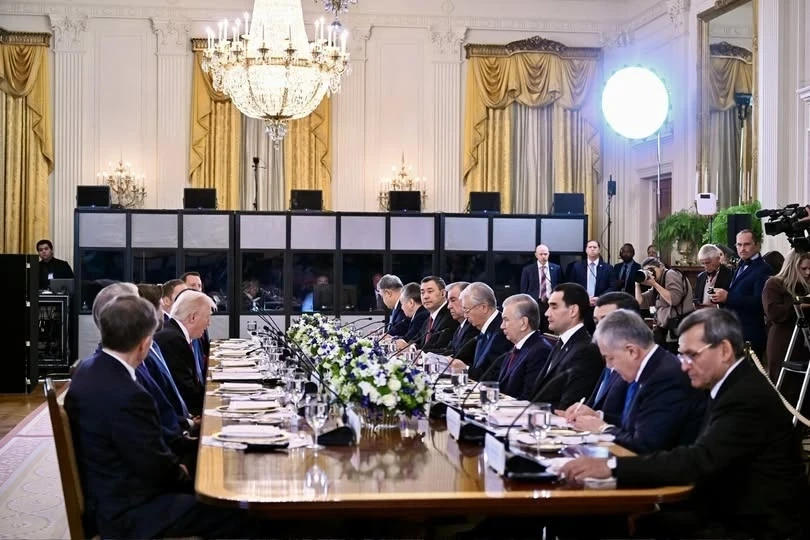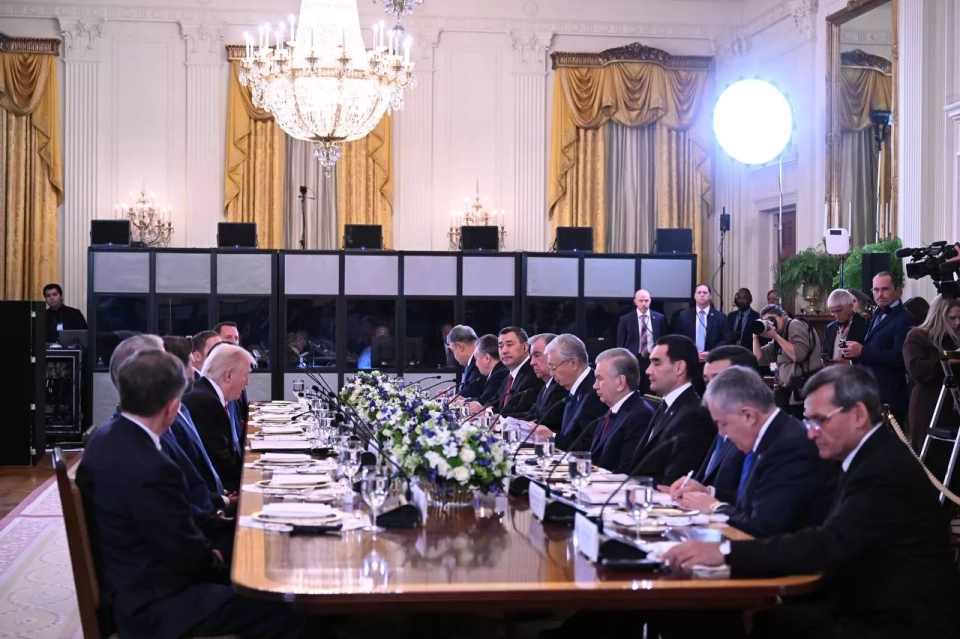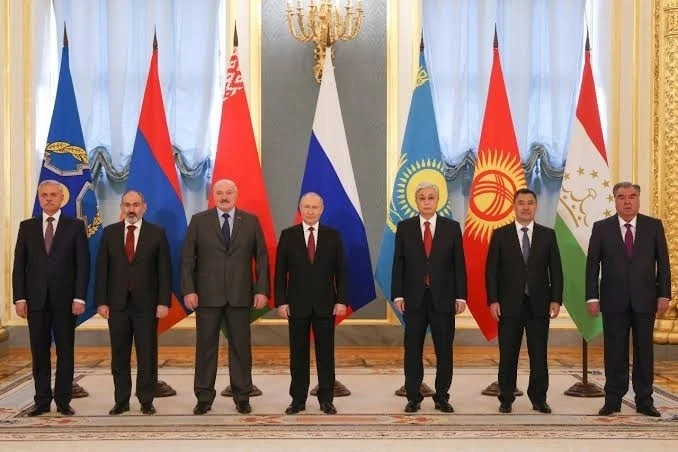
On November 27, a CSTO summit will be held in Bishkek, which is one of the main events for the organization. The agenda includes discussions on regional security issues and coordination of law enforcement agencies. New strategies for combating terrorist and extremist threats will also be considered. The CSTO Secretariat emphasizes that the meeting participants intend to discuss a wide range of international and regional security issues, as well as summarize the work done over the past year. The information was prepared by the editorial team of mes.kg.
The main document of the summit will be the Declaration of the Collective Security Council, in which the participating countries will present their assessment of the current situation both in the world and in the CSTO's area of responsibility. This document will formalize agreements on strengthening stability and peace. Organizers expect it to serve as a foundation for new approaches to joint actions in the face of increasing risks.
Also on the agenda is the discussion of personnel issues. Kyrgyzstan will propose its candidate for the position of Secretary General of the CSTO, which is a traditional practice of leadership rotation and is considered an important organizational decision within the framework of meetings of heads of state.
Putin's participation confirmed
Leaders of all participating countries will gather at the summit in Bishkek, including Russian President Vladimir Putin. He confirmed his participation during negotiations with Kassym-Jomart Tokayev in Moscow, noting that he expects a "substantive conversation" at the CSTO platform. Putin also mentioned upcoming joint events within the CIS and EAEU, which will take place in St. Petersburg before the end of the year.
This meeting promises to be one of the most substantive in recent years. Participants plan to discuss specific steps to enhance coordination and adapt the organization to new challenges. According to representatives of the secretariat, the focus will be on joint mechanisms for responding to threats, as well as strengthening political interaction in the region.

